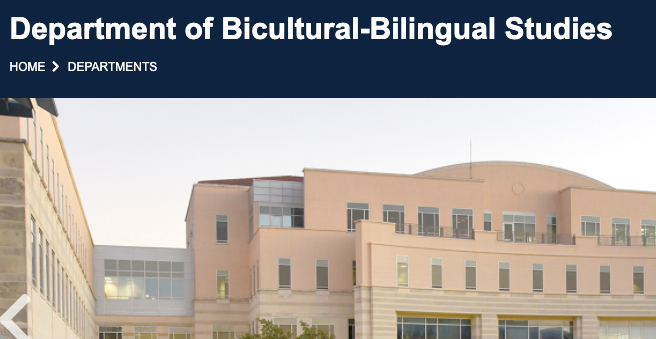Privileged and Undocumented: Toward a Borderland Love Ethic
Abstract
In this article, I seek to explore the tensions of what it means to be a “deserving” native researcher. I begin by experimenting with the meaning of a borderland love ethic as a theoretical framework that centers on: nurturing our strength to love in spaces of contention, tolerance of ambiguity as a revolutionary virtue, and humbly beginning anew again and again. Drawing from an extended interview with a participant of a larger study about undocumented students, I describe our positionalities with respect to privilege and undocumented status as the central foci. I use my own dilemma of understanding and reconciling my position as a once-undocumented immigrant to a now hyperdocumented (Chang, 2011) native researcher, studying undocumented people, to work through the possibility of a borderland love ethic. Relying primarily on the theoretical works of Anzaldúa (1987), Darder (2003), and hooks (2000), I ask, how we as scholars, enact love in our research amidst our seemingly contradictory positions of oppression and privilege. I contend that one possibility is by employing a borderland love ethic that embraces ambiguity, rejects binary positions and humbly acknowledges our constant state of arriving, both as researchers and participants.





